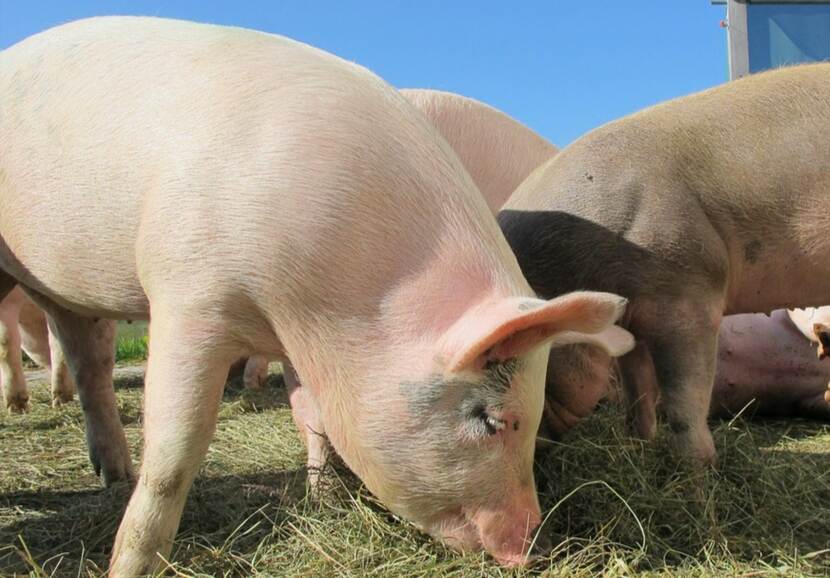Myanmar: huge investments needed in modernizing pork industry and slaughterhouses
The Myanmar pork meat sector is growing. The demand for high quality meat is increasing as the economy has strengthened and the middle class is growing. Most of the pork meat is produced in Myanmar, the rest is imported. However, the sector is dominated by backyard production and there are very few large scale commercial production sites.

African Swine Fever
Two month ago, the African Swine Fever (ASF) disease was first detected in eastern and northern parts of Myanmar (Shan State). The Livestock Breeding the Veterinary Department (LBVD) informed local pig breeders and pig farmers to pay special attention. Farmers are advised to carry out strict biological measures on their farm. Regular systematic chemical sprayings are taking place on pig farms and slaughterhouses.
On September 9th 2019, an ASF disease prevention and control committee was founded in Myanmar’s capital, Naypyitaw. They discussed regulations to restrict import of pork and pork products from abroad. Furthermore, the government and relevant stakeholders have crafted out a Myanmar Pork Industry Emergency Plan with the aim to reduce losses and quickly rebuild the industry.
Modernizing Myanmar’s pork industry
The International Finance Corporation (IFC) organized two conferences in Yangon and Naypyitaw together with LBVD, Union of Myanmar Federation of Chambers of Commerce and Industry (UMFCCI), Myanmar Livestock Federation (MLF), the Department of Foreign Affairs and Trade of Australia, and the Department for International Development of the United Kingdom. In these conferences, IFC agreed to modernize Myanmar’s pork industry to counter the spread of ASF. The IFC notified that the country’s regulatory framework is a potential “deterrent” to modernization given that the process requires multiple licenses and recommendations. In that light, the IFC seeks to support the government by channeling investments into Myanmar’s pork and poultry industries “through providing solutions to existing and potential clients along the pork value chain”.
In this program, a special committee consisting of representatives from IFC, MoALI (government) and UMFCCI (private sector) is formed. IFC and UMFCCI are still in discussion and seeking for private companies, who can support modern supply chain development and technologies for the pork industry, including slaughterhouses. If all needed measures would be implemented, estimated investments of up to 800 million USD would be needed to develop a modernized pork industry by investing in pork production and slaughterhouses.
For more information see the link.